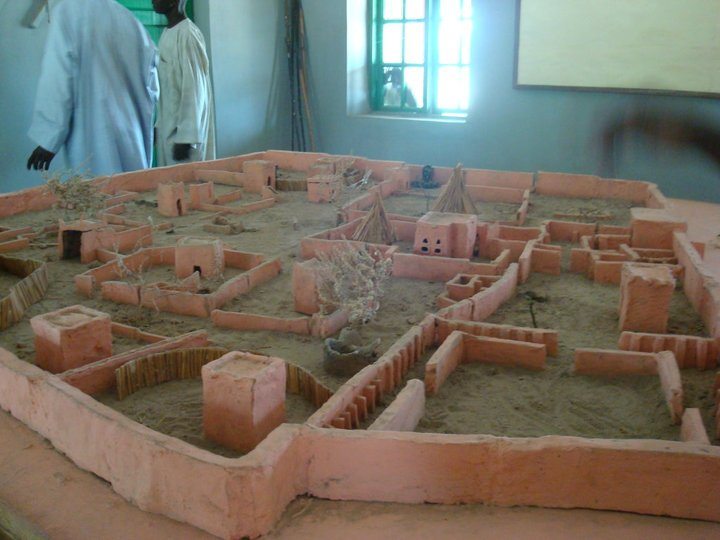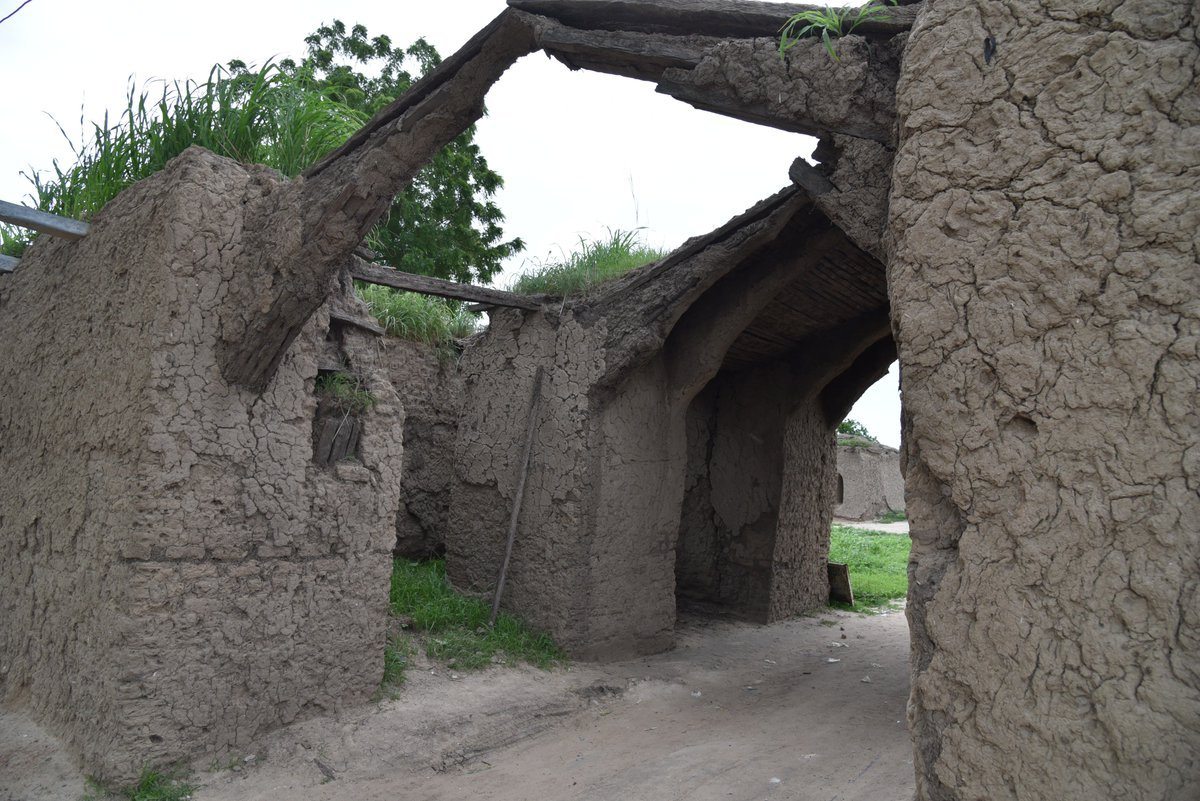Before it became a Boko Haram target zone, Dikwa, a town in Borno, Nigeria was the headquarters of the Kanem-Bornu Empire under Rabih az-Zubayr, also known as Rabih Fadl Allah.
Rabih, a military officer from Sudan, took over the fort used by the city’s rulers known as Dikwamawa. It is said that the fort was built in the 16th century during the time of King Idris Alooma.
Rabih is one of the infamous leaders of the area: not only was he a foreigner, he was also a slave trader with at between 1,500–2,000 slaves transported using his vessel every year.

Upon taking over the fort after defeating then king of Borno, Kyari who had murdered his uncle to take over the empire, Rabih started renovating it, adding stronger, higher and broader walls to protect the inhabitants.
The fort was built with sun-dried bricks and wood brought in from Gongola Valley in present-day Nigeria. A six-foot wall protected the palace, which was divided into the front, where the guards stayed and Rabih’s quarters, which housed him and his numerous concubines.

After Rabih was killed in battle against the French in 1900, the fort lost its fame and started collapsing. Despite being named a national monument in 1959, it was only reconstructed in the 1980s but is now at risk of getting lost to history due to high costs of maintenance.

According to reports, the fort is in a terrible state, with part of its roof leaking thus creating a muddy interior. The same can be said of the staircase leading to the living room and the bathtub of the Dikwamawa.

The ruins of the fort are now a reminder of a once-prosperous Empire of Borno and the upheavals it suffered.











